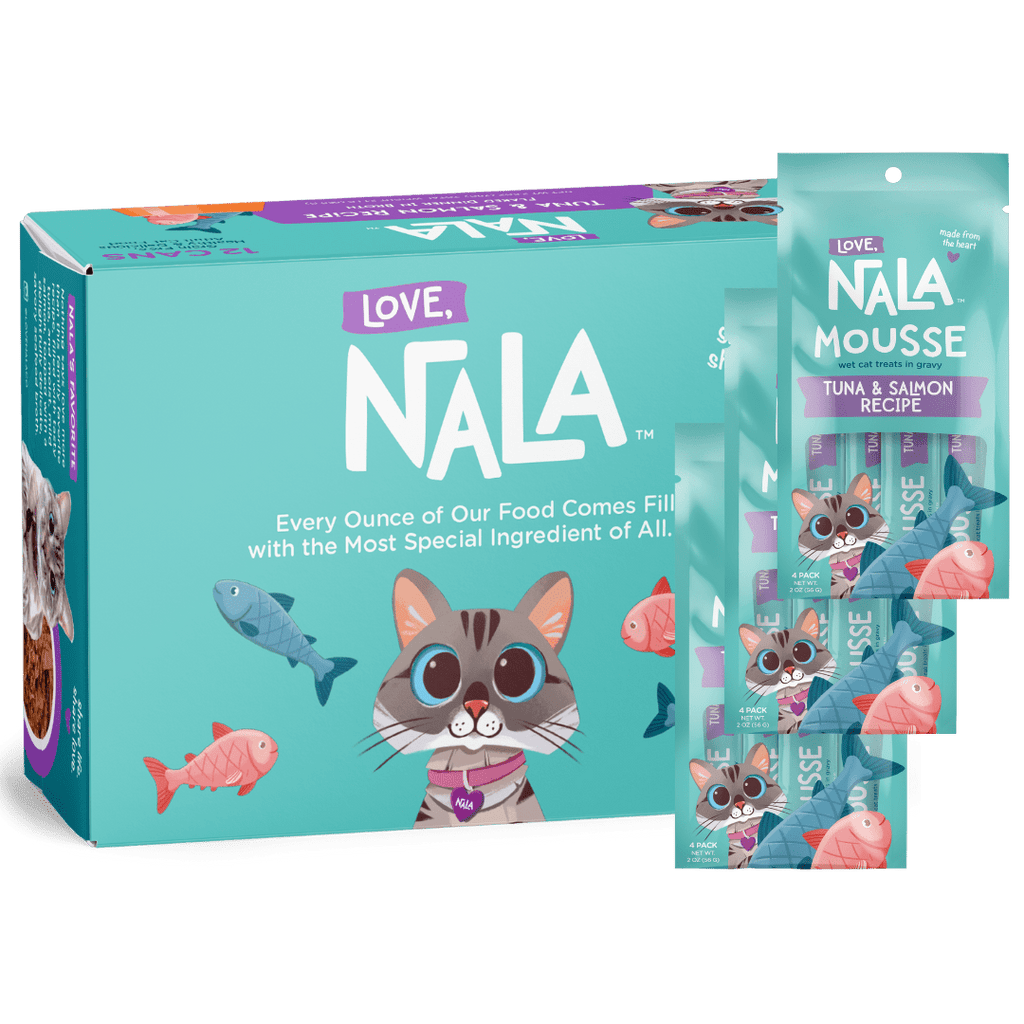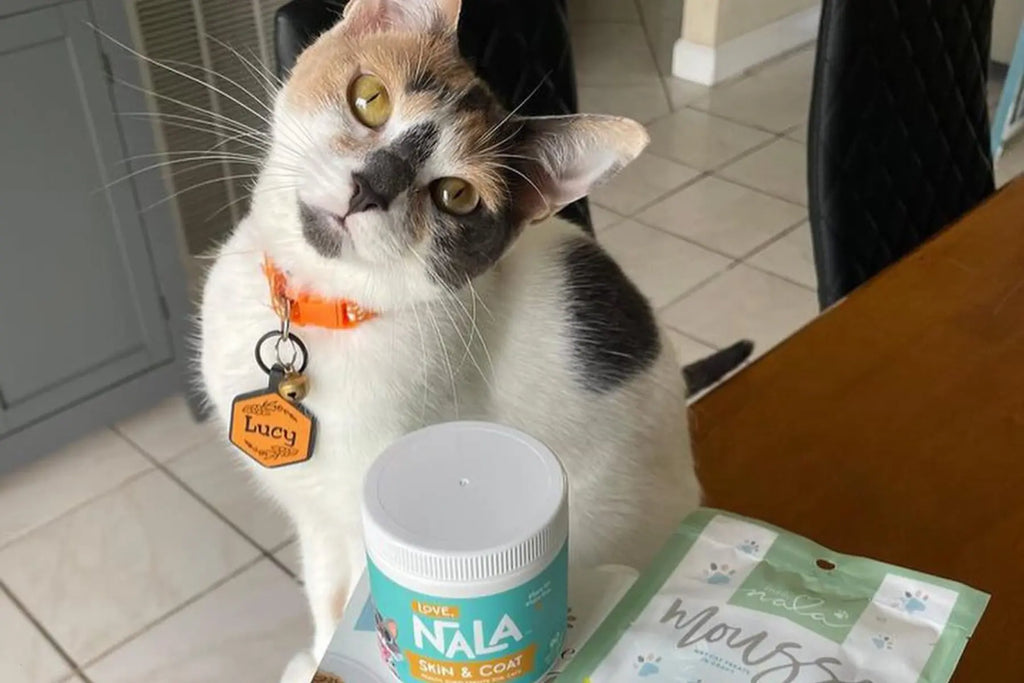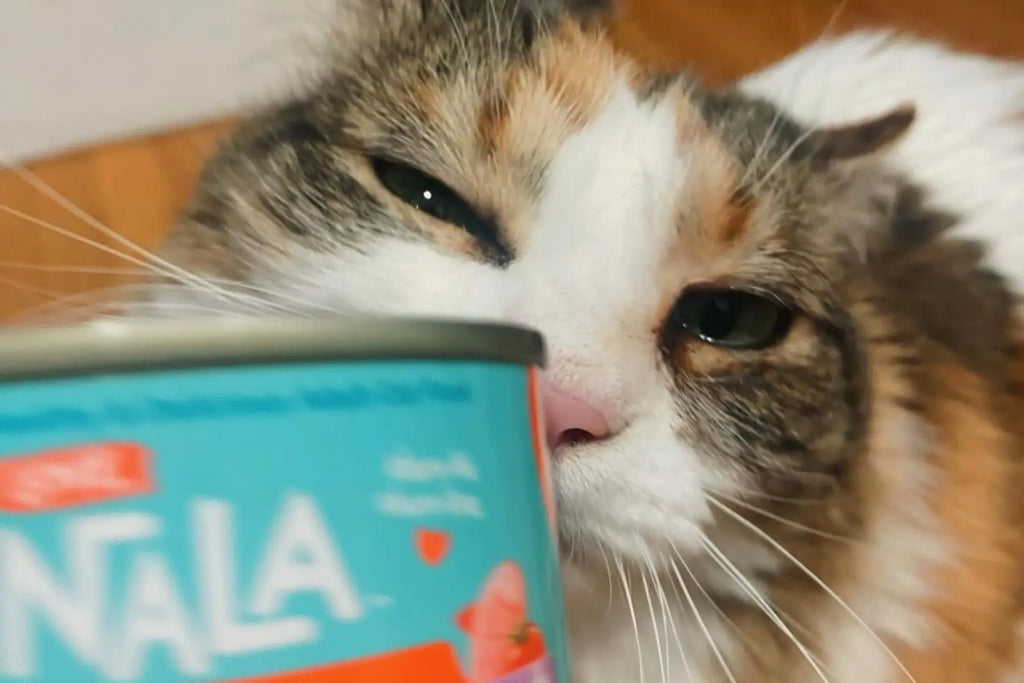As a cat owner, your feline friend's well-being is your top priority. One surprising ingredient that can boost your cat's health is pumpkin. Incorporating this nutritional powerhouse into your cat's diet can offer a wealth of benefits.
Essentials of Cat Nutrition
Cats require a balanced diet, which includes proteins, fats, and carbohydrates, to maintain optimal health. Proteins are the building blocks of tissues, organs, and antibodies. Fats provide concentrated sources of energy, while carbohydrates can contribute to your cat's energy requirements, though they aren't as essential as in humans' diets. Cats also need certain vitamins and minerals that should come from their food, namely the healthiest wet cat food or the healthiest dry cat food, based on your pet's preference.
Pumpkin, often used in canned pumpkins for cats, provides substantial benefits. It's packed with dietary fiber, vitamin A, and other beneficial nutrients. While not a core part of a cat's diet, pumpkin can supplement what your cat gets from their regular food, whether that's grain-free cat food or the best cat food for indoor cats.

Methods to Incorporate Pumpkin into a Cat's Diet
Incorporating pumpkin into your feline friend's meals can provide various health benefits and add variety to their diet. Below, we will explore different methods to introduce pumpkin to your cat's food regimen.
Mixing Pumpkin into Wet Cat Food
If you're considering cat food pumpkin recipes, the easiest way to start is by mixing pumpkin into your cat's regular wet food. Begin with a small amount, and gradually increase if your cat enjoys it. This simple method is an excellent way to enrich healthy wet cat food, thereby boosting its nutritional profile.
Using Pumpkin as a Treat
Cats, like their human companions, enjoy the occasional treat. Healthy cat treats can include small amounts of pumpkin, either baked or raw. Ensure the pumpkin pieces are soft and small enough to prevent choking hazards.
Making Homemade Pumpkin Cat Food Recipes
Homemade cat food recipes can allow you to tailor your cat's diet to its specific needs. Consider creating dishes that include pumpkin as a supplemental ingredient. Just remember, homemade cat food should complement, not replace, your cat's current diet such as cat food for urinary health.
Health Benefits of Pumpkin for Cats
When it comes to your feline companion's health, incorporating pumpkin into their diet can offer a range of benefits. Packed with essential nutrients, pumpkin can provide various advantages for your cat's well-being, particularly in terms of digestive health, weight management, and maintaining a lustrous fur coat.
Digestive Health
Pumpkins can aid in both constipation and diarrhea. Its fiber content can add bulk and firmness to stools, or absorb excess water in the gut to alleviate diarrhea. This makes pumpkin a potent addition to the best wet cat food for urinary health. Additionally, pumpkin contains natural enzymes that can support a healthy digestive system and promote efficient nutrient absorption.
Weight Management
If your cat needs to shed a few pounds, pumpkin can help. This low-calorie, high-fiber food can provide a feeling of fullness without adding extra calories, making it a great supplement to the best wet cat food for weight loss. By incorporating pumpkin into your cat's diet, you can help them maintain a healthy weight and reduce the risk of obesity-related health issues, such as diabetes and joint problems.
Pumpkin for a Lustrous Fur Coat
The vitamins and minerals in pumpkin, particularly vitamin A, contribute to skin and fur health, leading to a lustrous, shiny coat. This makes pumpkin a beneficial addition to your pet's diet, regardless of whether they consume dry or wet cat food. Vitamin A is essential for the growth and maintenance of healthy skin cells and fur, and its inclusion in your cat's diet can help prevent dry skin, dandruff, and excessive shedding.
Practical Advice for Adding Pumpkin to a Cat's Diet
Introducing new foods into your cat's diet can be a delicate process, requiring careful consideration of their health and nutritional needs. Pumpkin, however, can be a beneficial addition to your feline friend's meals when approached with the right knowledge and caution.
Choosing the Right Type of Pumpkin
When selecting a pumpkin for your cat, it's crucial to make the right choice to ensure their safety and well-being. Opting for canned or fresh varieties is the best option, as they provide natural and unprocessed pumpkins. These varieties contain high amounts of fiber and other essential nutrients that can aid in digestion and promote overall gut health for your feline friend.
However, it is important to steer clear of pumpkin pie filling or any products with additives. These can contain additional ingredients like sugar, spices, or preservatives that may be harmful to your cat's digestive system and lead to gastrointestinal upset or other adverse reactions. Always read the labels carefully to ensure that the pumpkin you choose is pure and free from any potentially harmful additives. By making a careful selection, you can offer your cat the benefits of pumpkins in a safe and healthy way.
Determining Appropriate Pumpkin Portion Sizes
The pumpkin should be given as a supplement, not a main meal, as it offers several health benefits for cats when incorporated into their diet properly. Start by introducing pumpkin gradually and monitor your cat's response to ensure they tolerate it well. Consulting your veterinarian is crucial in determining the appropriate portion size of pumpkin based on your cat's specific size and dietary requirements. Some key points to consider when incorporating pumpkin into your cat's diet include:
- Begin with Small Portions - Start with a teaspoon of plain, canned pumpkin and observe how your cat reacts to it.
- Gradually Increase the Amount - If your cat tolerates pumpkin well, gradually increase the serving size over time, but always stay within the recommended limits suggested by your vet.
- Monitor Digestion and Stool Consistency - Pay attention to any changes in your cat's digestion or stool. Pumpkins can help regulate bowel movements and may be beneficial for cats with digestive issues.
- Avoid Additives or Sweeteners - Ensure that the pumpkin you offer your cat is plain and does not contain any additives, spices, or sweeteners, as these can be harmful to feline health.
- Consider Pumpkin as a Temporary Solution - Pumpkin can be used as a short-term solution for certain issues, such as constipation or diarrhea. If your cat experiences prolonged or recurring digestive problems, consult your vet for a thorough evaluation.
While pumpkin can be a valuable supplement for cats, it should never replace a balanced and appropriate diet. Always consult with your veterinarian to determine the best way to incorporate pumpkin into your cat's overall nutrition plan.
Monitoring Your Cat's Reaction
Once you start introducing pumpkin into your cat's diet, it's essential to observe their reactions. Look out for changes in behavior, digestion, or overall health. If your cat exhibits any reactions, discontinue the use of pumpkin and consult your vet.
Veterinary consultation and gradual dietary changes should always be considered when introducing new food items, like pumpkin, into your cat's diet. This ensures you're respecting your feline friend's dietary needs and tolerances.

The addition of pumpkin to your cat's diet can offer numerous health benefits, including better digestion, weight management, and a glossier fur coat. Whether you choose to incorporate it into wet cat food, use it as a treat, or create homemade recipes, pumpkin can be an excellent dietary supplement for your feline friend.
Always remember that every cat is unique, and what works for one may not work for another. Therefore, it's vital to approach dietary changes with consideration and patience. With time and careful observation, you may just find that pumpkin is the secret ingredient to boost your cat's overall health.




















